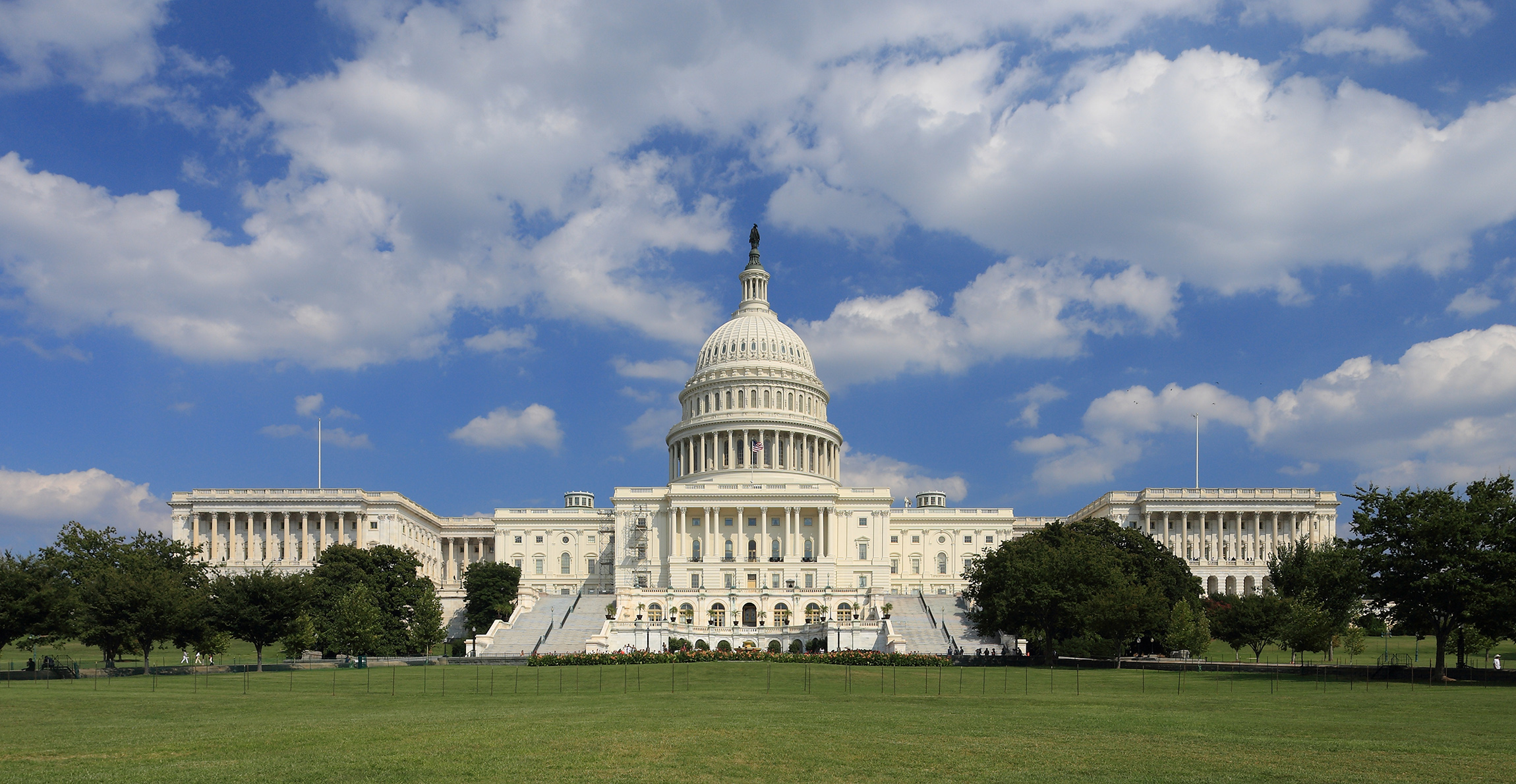
Voting is exciting for me. Odd, I know, but I’ve loved it ever since my mom took me into the voting booth in 1996, when Bill Clinton, Bob Dole and Ross Perot comprised the field for president. Granted, I probably shouldn’t have been allowed in, but my mom was heavily pregnant with my sister and I was only three years old. Ever since that experience, I looked forward to voting.
I remember the first time I voted. I had just turned 18, and I voted in some judicial race. I didn’t know the candidates (which I’m ashamed to say) but I still voted because I had been looking forward to it for 15 years.
However, some people do not have the luxury to vote. Wait, what? I thought the right to vote was guaranteed by the United States Constitution! Well, you thought wrong. In recent years many states, including Ohio, have enforced voter identification laws. This means in order to register to vote or even vote, people need to show a valid form of identification.
For some people, that’s not a big deal — there are driver’s licenses or state-issued IDs. For others, it’s quite hard to obtain those pieces of identification. They need to take off of work and go to the DMV and wait in line, sometimes for hours, in order to get it.
These laws target low-income, minority or elderly voters, who happen to vote Democratic. And as of October 13, there is some form of a voter identification law in 31 states.
I recently had a run-in with this law. I still vote in Wisconsin, and there’s a pretty big election coming up. Being in Washington, D.C., this semester, I filed for an absentee ballot in the middle of August. However, I still haven’t received it, even though one of my friends had.
I called my town hall and found out I couldn’t get it until I sent in a copy of my identification. Embarrassingly enough, I didn’t know Wisconsin had a voter ID law. I was shocked and furious. Luckily, the woman was nice enough to tell me I could just email a picture of my ID and then my ballot would be on its way.
I hung up, and then called my friend to vent about this unfair law and how I almost wasn’t able to vote. Then, just my luck, Wisconsin’s voter ID law was struck down they next day. I was very happy, to say the least, but I couldn’t help but think — what if I didn’t call my town hall and the law wasn’t struck down? I wouldn’t have been able to vote in this election, which will shape Wisconsin’s future.
The point is this: in the United States, everyone is guaranteed the right to vote. But some states are trying to make it harder for certain groups of people to vote. What kind of democracy does that make us?
